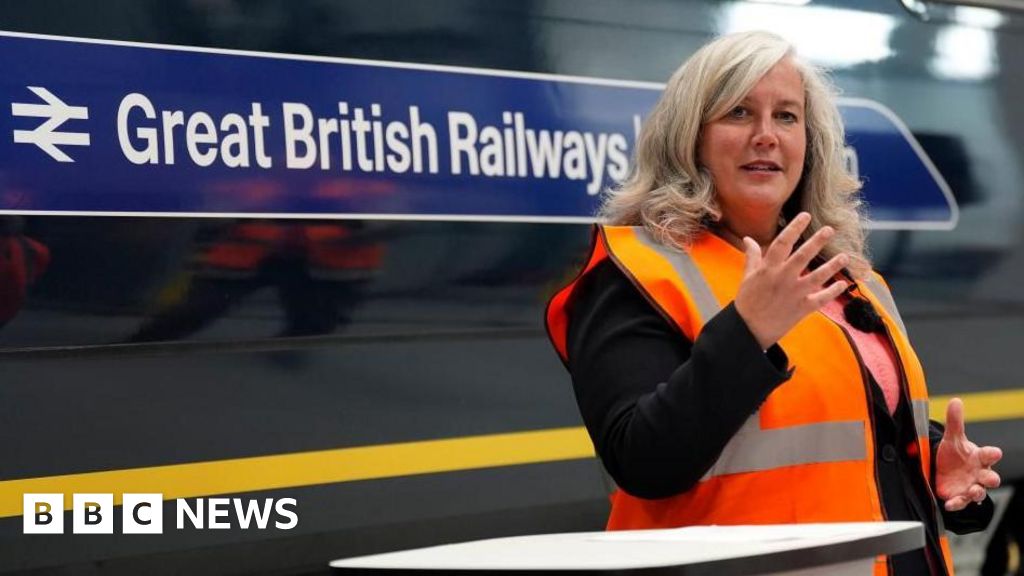Cheaper Trains? UK’s Renationalized SWR Faces Challenges
The recent renationalization of South Western Railway (SWR) in the UK has raised hopes for cheaper fares among commuters and residents along its routes. However, Transport Secretary Mark Harper's pledge to “strain every sinew” to ensure value for money suggests a challenging path ahead. The BBC article highlights the uncertainty surrounding fare reductions, leaving many questioning whether the return to public ownership will translate into tangible benefits for passengers. The impact on various communities served by SWR, including those in London, Surrey, Hampshire, Dorset, and Devon, remains uncertain. Specific locations along the SWR network, such as major stations in London Waterloo, Salisbury, Exeter St Davids, and Bournemouth, will be keenly watching for improvements in service and affordability. The concerns extend beyond simply ticket prices; commuters are also hoping for improvements in reliability, punctuality, and overall service quality. The success of the renationalization hinges not only on financial considerations but also on the delivery of a more efficient and passenger-friendly railway. The government's commitment to securing value for money will be closely scrutinized by passengers, local councils, and businesses that rely on the SWR network. The article underlines the complexities involved in transitioning a privatized railway back into public hands and the significant expectations placed upon the government to deliver on its promises. The journey towards cheaper fares and improved service is far from assured, and the coming months will be crucial in determining whether the renationalization truly benefits the communities it serves. The long-term effects on local economies dependent on reliable train services will also be closely monitored. For example, businesses relying on commuter traffic or tourism could experience positive or negative impacts based on the success of these changes. Public opinion will be shaped by tangible improvements in the everyday experiences of passengers, not just promises from the government.








